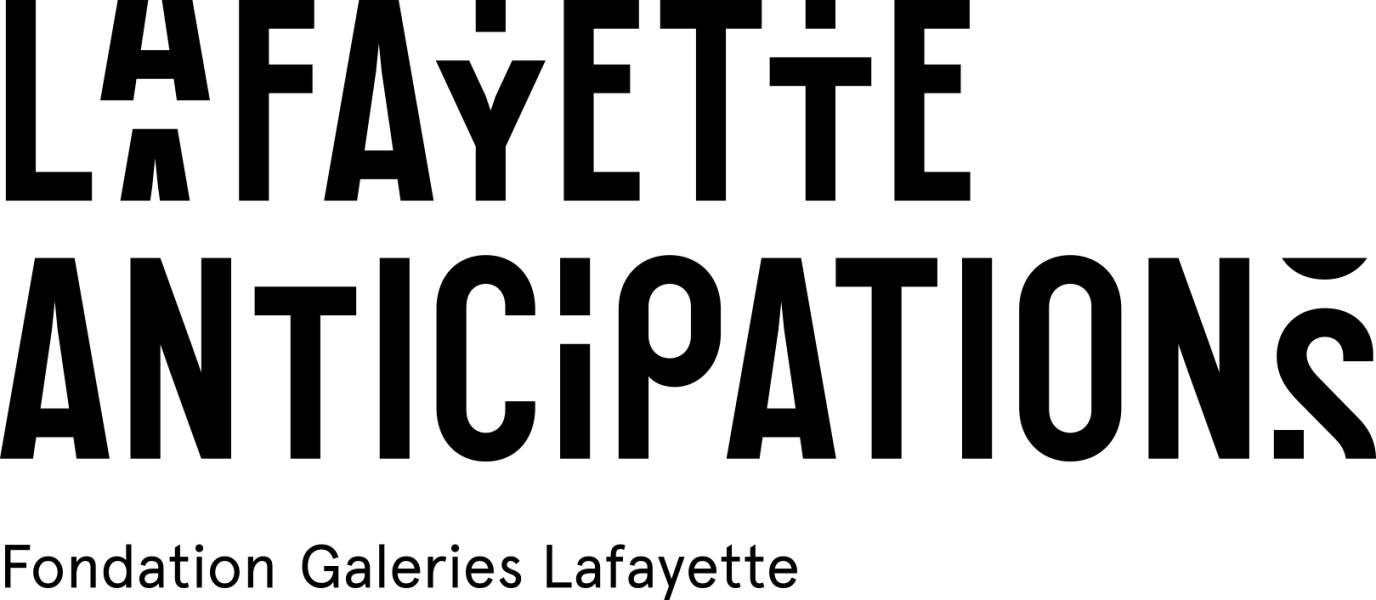Tino Sehgal
Echelle Humaine - (sans titre) (2000)
septembersept 21 – 22
With Boris Charmatz
Production and diffusion : terrain
A production from Musée de la danse - Centre chorégraphique national de Rennes et de Bretagne (2013)
Coproduction : Tanz im August (Berlin), Kaaitheater (Bruxelles), Les Spectacles vivants Centre Pompidou - Paris, La Bâtie-Festival de Genève et Bonlieu Scène nationale Annecy dans le cadre du projet PACT bénéficiaire du FEDER avec le programme INTERREG IV A France-Suisse.
Bodies are the vectors of this new edition of Échelle Humaine. Whether they be choreographed, directed, or imaginary, they occupy all the spaces of Lafayette Anticipations and invite us to observe what is beneath the surface of the world: our infatuations and our refusals, our hesitations and our affirmations, and our tenacity.
Tino Sehgal is one of the world’s most prolific artists, his work has become well known as it has moved through the museums of the world and included major exhibitions at the 2005 Venice Biennale, Documenta 13 and solo shows at the Guggenheim New York, and London’s ICA and Tate Modern’s Turbine Hall. (untitled) (2000), made before he moved from dance into the visual arts, in many ways describes the start of Tino’s relationship with these museums and their place in teaching societies how to conduct and understand themselves.
Set in the theatre (untitled) (2000) has the project of theatrically exhibiting the ‘stage dance’ of the 20th Century, resituating choreographic practices and their associated visions of bodies into an aesthetic order similar to the museum.
When the artist performed it (nude, with no stage set or music) at Moderna Museet in Stockholm, the curator Jens Hoffmann told the artist that “... it [was] like a museum of dance.” Since then, many dancers have tried to incorporate twentieth-century dance into their style... However, this solo performance is also historic in the sense that it allowed the artist to place himself within both modernity and the realm of the museum.
In the same place

